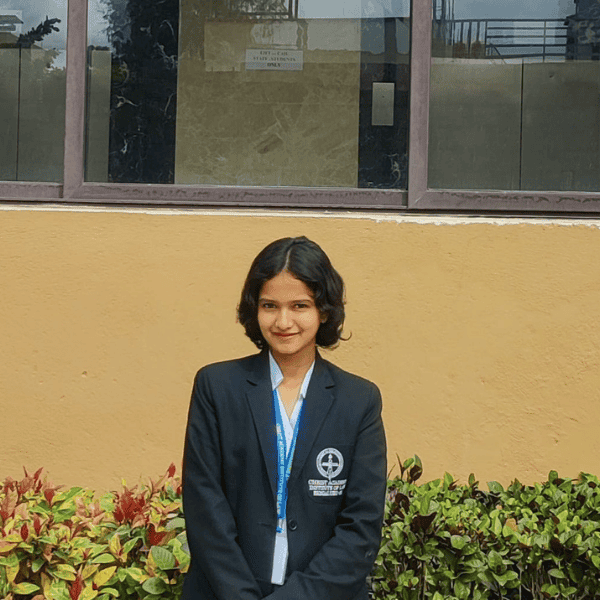MIT student Gitanjali Rao bags inaugural Stephen Hawking Junior Medal
She was awarded for her commitment to making complex scientific ideas accessible to global youth audiences.
 Gitanjali Rao receiving the honor / MIT
Gitanjali Rao receiving the honor / MIT
An Indian-American junior at the Massachusetts Institute of Technology (MIT), Gitanjali Rao was named the recipient of the first-ever Stephen Hawking Junior Medal for Science Communication.
Established by the late physicist Stephen Hawking and the Starmus Festival, the medal recognizes exceptional young individuals who have demonstrated outstanding commitment to making science accessible and impactful for broader audiences.
Also read: Benjamin Lalani named first Samvid Scholar from Johns Hopkins
Currently pursuing a major in biological engineering, Rao is widely known for her inventive solutions to pressing social issues. She is the creator of Epione, a device for the early diagnosis of prescription opioid addiction, and Kindly, an AI-powered anti-cyberbullying platform recognized by UNICEF as a Digital Public Good. Her efforts reflect a deep-seated commitment to combining science and technology with community engagement.
Originally from Denver, Colorado, Rao has long been celebrated as a prodigy in STEM innovation. Her past accolades include being named America’s Top Young Scientist by Discovery Education/3M and Time Magazine’s first-ever Kid of the Year. She also received the EPA Presidential Award for her lead contamination detection tool and is a published author of Young Innovator’s Guide to STEM, now adopted in educational institutions globally.
In addition, she was recently recognized by the White House Gender Policy Council as one of 15 young women leading change across the United States.
“I spend a lot of time in labs,” Rao said , highlighting her Undergraduate Research Opportunities Program project in the Langer Lab. Along with her curiosity to explore, she also has a passion for helping others understand what happens inside the lab. “We very rarely discuss why science communication is important,” she says. “Stephen Hawking was incredible at that.”
The award was presented at a ceremony held at the Kennedy Center in Washington, D.C., where Rao addressed an audience of globally renowned scientists, artists, and musicians.
The medal comes with an internship opportunity, which Rao intends to leverage for industry or field-based research. She is currently interning at Moderna and is exploring international opportunities during MIT’s Independent Activities Period.
-10”-x-5.jpg)

 Bhavana P
Bhavana P




.png)




.jpg)

Comments
Start the conversation
Become a member of New India Abroad to start commenting.
Sign Up Now
Already have an account? Login